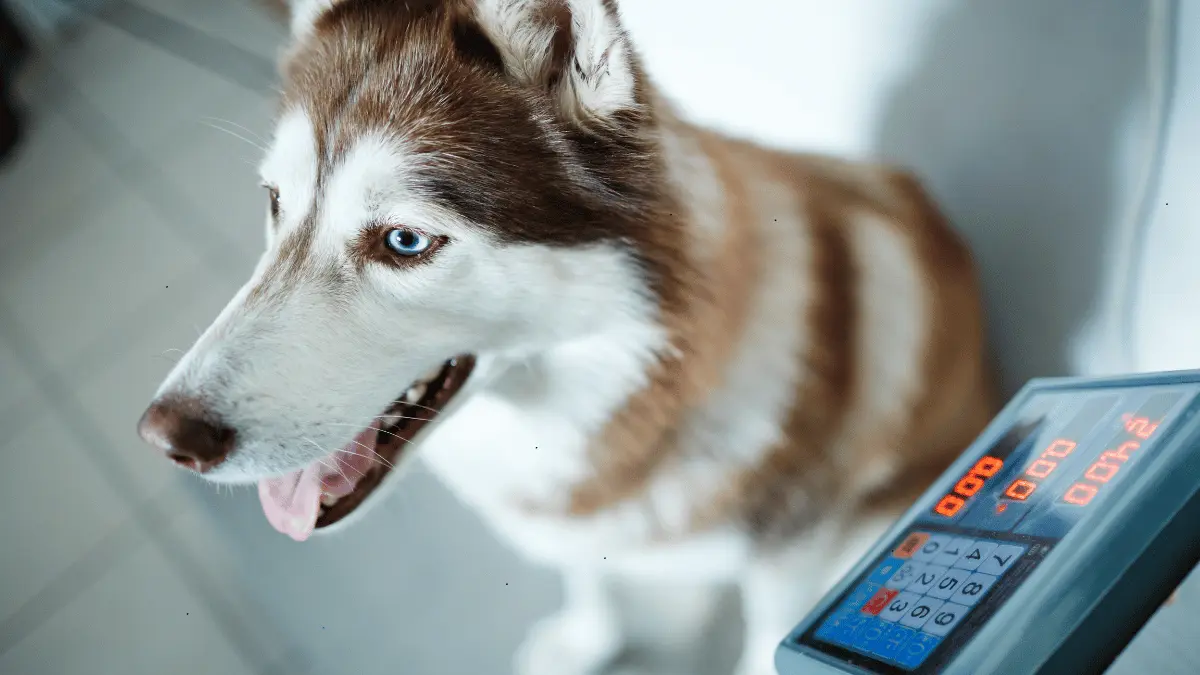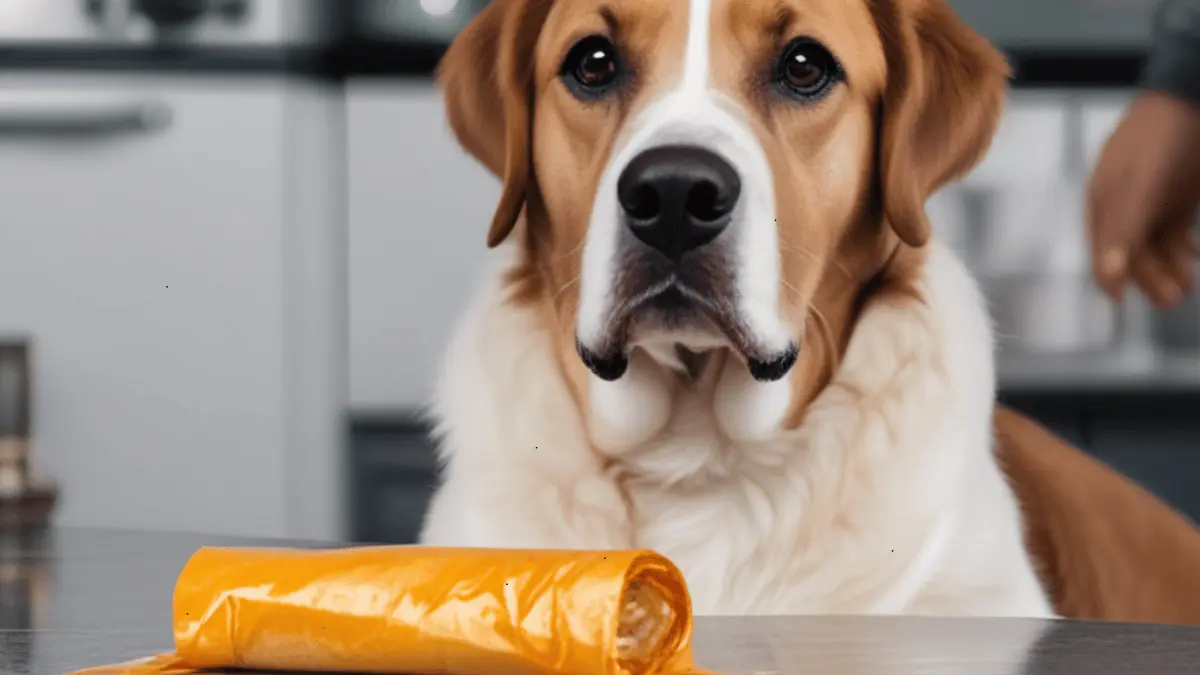Bearded Dragon Food: A Comprehensive Guide to Proper Nutrition
Boost your bearded dragon’s health with our nutrition guide for proper food choices. Elevate their well-being today!
Proper nutrition plays a vital role in the health and well-being of your bearded dragon. These fascinating reptiles require a balanced and varied diet to thrive. This comprehensive guide will explore the best bearded dragon food, including staple and occasional treats. Following these guidelines ensures your scaly friend receives the optimal nutrition to lead a healthy and happy life.
Understanding the Dietary Needs of Bearded Dragons
Bearded dragons are omnivorous reptiles, meaning they eat a combination of plant matter and insects. Understanding their dietary needs is crucial for providing them with the right nutrition. Here are the key components of a bearded dragon’s diet:
1. Staple Vegetables:
- Dark leafy greens (e.g., collard greens, kale, mustard greens)
- Bell peppers
- Squash
- Carrots
- Green beans
2. Calcium-Rich Foods:
- Calcium supplements
- Calcium-dusted insects (e.g., crickets, mealworms)
- Dark, leafy greens
3. Protein Sources:
- Insects (e.g., crickets, roaches, mealworms, silkworms)
- Pinky mice (an occasional treat for adult bearded dragons)
- Commercially-prepared bearded dragon pellets (in moderation)
Creating a Balanced Diet for Your Bearded Dragon
To ensure your bearded dragon receives a balanced diet, follow these guidelines:
The 80/20 Rule:
- Approximately 80% of their diet should consist of vegetables and plant matter.
- The remaining 20% can be allocated to high-quality protein sources.
Gut-Loading Insects:
- Feed insects a nutritious diet before offering them to your bearded dragon.
- Use gut-loading products or offer fresh vegetables to ensure the insects are packed with nutrients.
Calcium and Vitamin D3:
- Dust insects with a calcium supplement powder before feeding them to your dragon.
- Bearded dragons require vitamin D3 to absorb calcium efficiently.
- Provide UVB lighting or use supplements to fulfill their vitamin D3 needs.
- Heading 3: Foods to Avoid or Limit
While some foods are suitable for bearded dragons, others can be harmful. Take note of the following:
Toxic Plants:
- Avoid feeding bearded dragon plants that are toxic to reptiles, such as rhubarb, avocado, and lilies.
- Always research plants before offering them to your pet.
Insects:
- Avoid feeding wild-caught insects due to potential exposure to pesticides or parasites.
- Limit mealworms, which have a high-fat content and can cause obesity if overfed.
Fruits:
- Fruits should be given as an occasional treat due to their high sugar content.
- Stick to non-citrus options such as berries, melons, and apples.
Feeding Schedule and Hydration
Establishing a feeding schedule is essential for your bearded dragon’s well-being:
Juveniles (0-18 months old):
Offer three daily feedings: small, appropriately sized insects and finely chopped vegetables.
Adults (18+ months old):
Reduce feedings to once a day while increasing the size of insects and vegetable portions.
Hydration:
- Provide a shallow dish of fresh, chlorine-free water daily.
- Mist the enclosure to maintain humidity levels and offer occasional baths to promote hydration.
Conclusion:
Proper nutrition is crucial for the health and happiness of your bearded dragon. By following this comprehensive guide, you can ensure your scaly friend receives a well-balanced diet that meets their nutritional needs. Remember to offer a variety of vegetables, gut-loaded insects, and occasional treats to keep their diet interesting and enriching. Providing the right food and maintaining a healthy feeding schedule will contribute to your beloved bearded dragon’s overall well-being and longevity.














